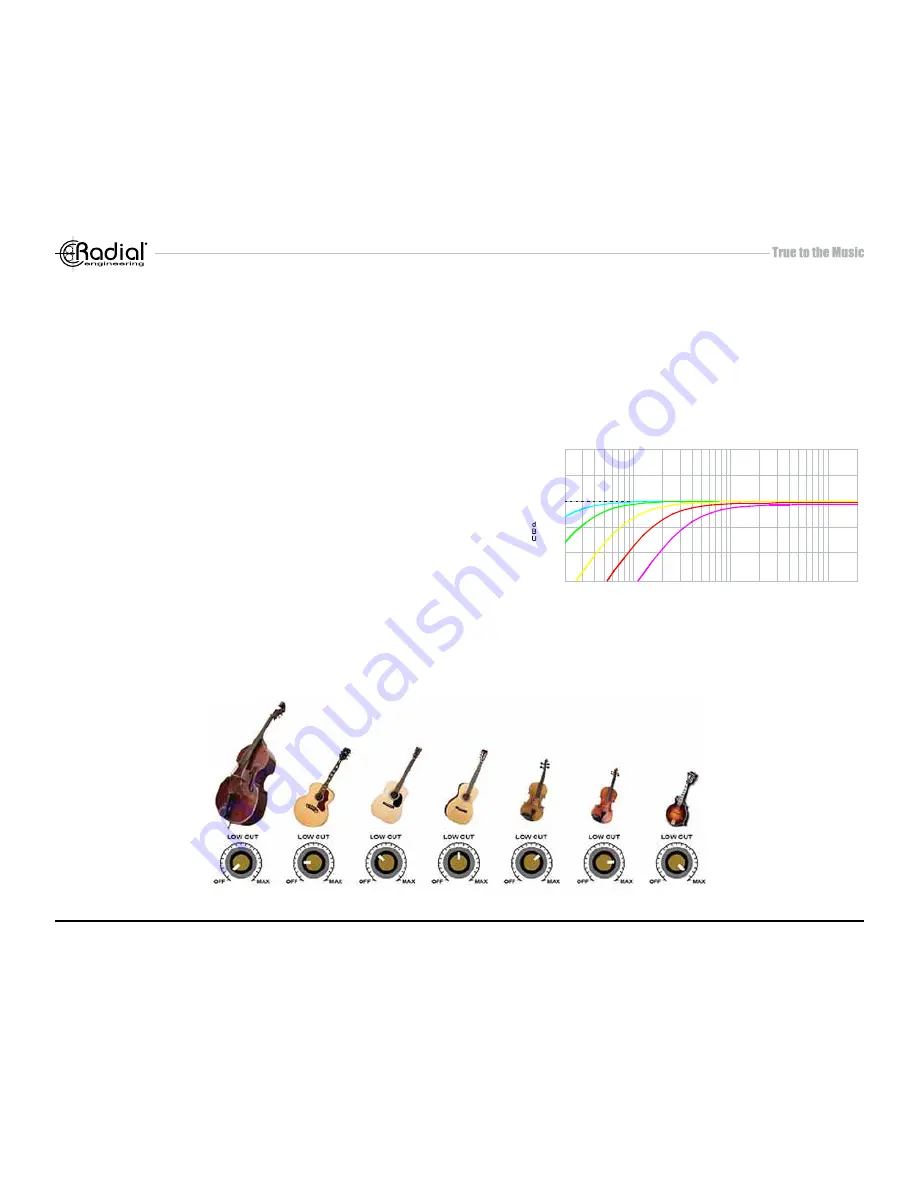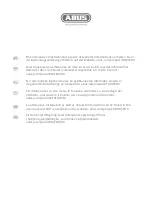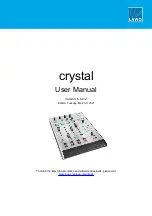
Radial Engineering Ltd.
PZ-DI™ User Guide
usIng The -15db Pad
As previously mentioned, the -15db PAD is used to reduce the PZ-DI’s input sensitivity. This lowers the signal level while
also lowering the impedance to reduce susceptibility to noise. Most instruments do not produce enough output to overload
the PZ-DI. However, if you are using high output devices like active basses, digital pianos or maybe a headphone output
from a computer, engaging the PAD will help by avoiding overload which in turn can cause the circuit to distort. Reducing
distortion can often help reduce feedback!
usIng The low-CuT fIlTer
One of the cool features on the PZ-DI is the variable low frequency
filter. This low-cut filter does exactly that, it cuts the bass frequencies
and allows the highs to pass. When using acoustic instruments on
a live stage, the low frequencies generated by the PA system can
often cause the top of the instrument to resonate and feedback due
to the vibrations. This is all the more acute when using a top-mounted
piezo-electric device that is affixed on the top or the bridge. Activating
the low-cut filter reduces the bass frequencies going to the PA which
in turn, reduces resonant feedback.
Start by setting the filter control completely counter-clockwise. Slowly turn it clock-wise until you notice the bass roll off.
Turn back a bit and you are set. The filter position is usually set in proportion to the size of the instrument whereby larger
instruments such as a contrabass will be set with more bass, while a cello or violin will have less.
7
-15
-10
-5
+0
+5
+10
20
20k
50
100
200
500
1k
2k
5k
10k
Hz
PZ-DI Low-Cut Filter Response
Summary of Contents for PZ-DI
Page 2: ......






























